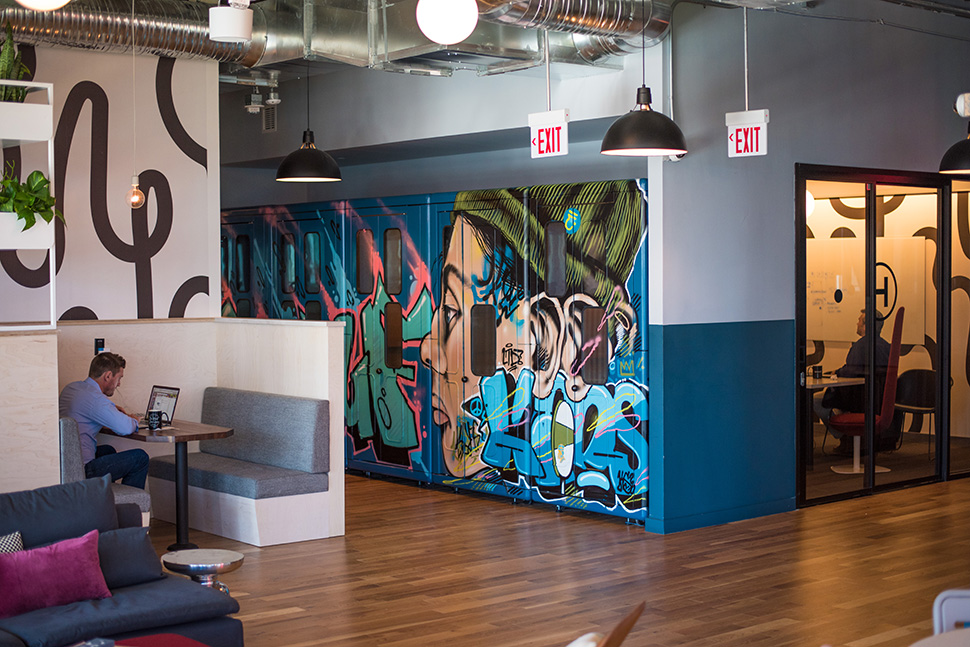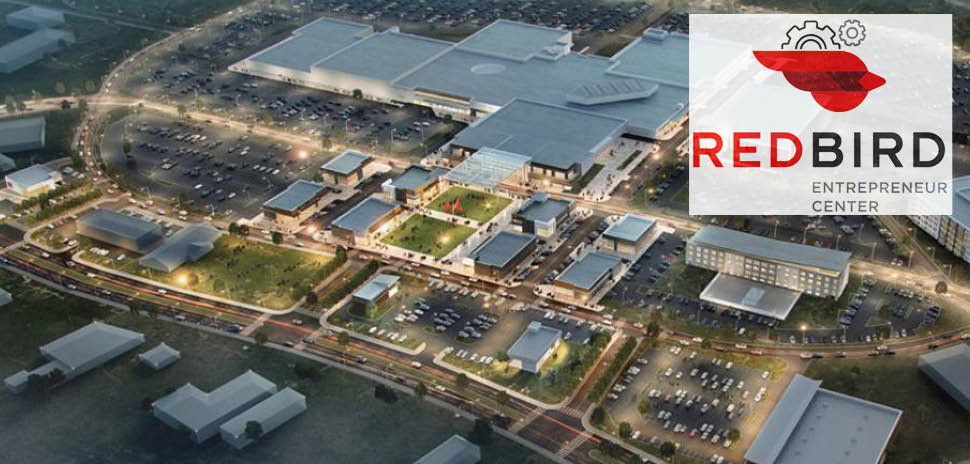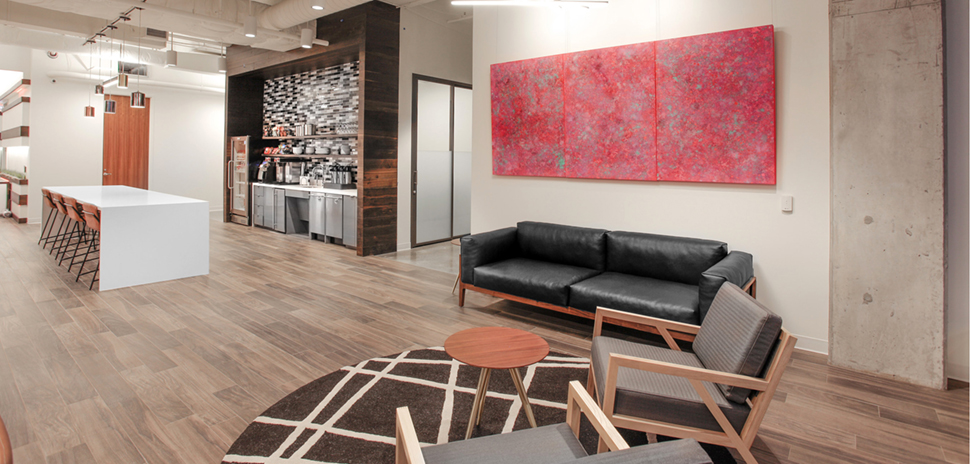Coworking and flexible space are continuing to grow across the U.S., and Dallas-Fort Worth is among the top real estate markets in the nation to embrace the concept, according to new research from JLL.
Dallas-Fort Worth ranks No. 12 among the nation’s top 15 markets, with flexible space accounting for more than 3 million square feet of space—1.7 percent of the market’s total office space inventory of 182,127,155 square feet. New York City tops the list, followed by San Francisco and Silicon Valley. Austin ranks fourth.
Dallas Innovates recently reported on how coworking as an industry is growing up and becoming a hotbed for placemaking in the region.
JLL reported that the sector has grown 23 percent on average each year since 2010, and that in 2018, it comprised nearly two-thirds of the nation’s office market occupancy gains.
Coworking and flexible space make waves in Dallas-Fort Worth
No single U.S. market is oversaturated, although some markets are better positioned for rapid growth, JLL said. Companies such as WeWork, Regus, Common Desk, NoD, and Serendipity Labs have made inroads in North Texas. Much of what is driving acceptance of coworking and flexible space is the continued “large-scale inbound corporate migration, both in terms of headquarters and back-office campuses.”
Clay Curlee, JLL vice president of workplace strategy, says that coworking and flexible space offer landlords a way to mitigate risks during a downturn, while realizing both profits and property valuations.
“This model of revenue sharing mitigates risk for the landlord in the event of a downturn, while also providing a more nimble contract for the operator,” he says. “With DFW’s seemingly insatiable appetite for agile real estate, I expect to see more partnerships between smart building operators and best-in-class coworking operators.”

WeWork is a national coworking giant that has multiple locations across the North Texas region. [Photo: Courtesy WeWork]
The size of the coworking operations often determines where they locate.
“Operators focus on proximity to targeted labor pools, followed closely by amenities (restaurants, coffee shops, bars, shopping, etc),” he says. “The larger operators rarely venture away from large businesses and major freeways. This makes sense as their focus has shifted from startups and contingent workers to securing enterprise clients. Accessibility and commute times across the metroplex has to be considered by many of the major operators.”
How culture influences coworking
Smaller operators tend to emerge in neighborhoods that are in-sync with their own identity or culture.
“Their aim is to integrate within their communities,” Curlee says. “They often have the capability to host an enterprise client but may turn them away if they don’t align with the culture they’re curating for existing members.”
And, some coworking companies have pursued what Curlee calls “hybrid opportunities” with enterprise clients. “This is when an operator works with a large client to co-locate in adjacent spaces within the same property,” he says.
He cited this example: “A client leases floors 5 and 6 in a property, and the operator takes floors 7 and 8 with the understanding that 7 will act as a flex space. This flex space will allow for the enterprise client to exercise expansion or contraction rights based upon their rate of growth. In this scenario, a very big client may have a compelling case for an operator to emerge in an unlikely location.”
Flexible space providers have opportunities by catering to these new arrivals in various areas across Dallas. For major operators, Curlee expects to see continued growth in North Dallas, Uptown, and the CBD—there’s no skirting around the continued growth and development there.
But for smaller operators, South and East Dallas is the way to go. “Both are essentially untapped markets with major potential,” Curlee explains. “South Dallas is attractive to new talent moving to Dallas from other urban markets. Neighborhoods like Oak Cliff and Bishop Arts offer walkable street fronts, local coffee shops, great restaurants, and breweries. The proximity to downtown and uptown is also a plus.”

The DEC @ Redbird is in South Dallas. [Photo courtesy of The DEC]
For East Dallas, the target audience is driven, creative and entrepreneurial. “What adds to the appeal of East Dallas is the challenge of commuting East-to-West,” Curlee says. “Residents in this area of Dallas would likely relish the opportunity to work closer to home, if they’re currently stuck with a rush hour commute.”
And to the west of Dallas, Curlee thinks: “Fort Worth is a bit saturated at the moment, as some larger operators are struggling to fill their space. I think it’s fair to expect a bump in the mid-cities, as this is also a relatively underserved market. The only hesitation with this area is proximity to amenities.”
Move a little further out to places like Arlington and Duncanville, and you’ll start to see smaller coworking offices emerge.
“Though they lack some of the drivers that are attracting major operators, like amenities and dense labor pools, they are able to leverage established relationships and partnerships within their communities, providing access to a potentially steady, underserved consumer base,” Curlee says. “Paired with opportunities for increased awareness, visibility and accessibility, these outliers may be in a position to thrive.”
But he does caution, however, that new flexible space operators shouldn’t just place a “cool” work space down and expect a lot of millennials to join.
There needs to be “a compelling reason for members to forego working from home or from a traditional office—and no, local coffee and craft beer isn’t enough.”
READ NEXT
Coworking Grows Up: Shared Space Is One of North Texas’ Hottest Placemaking Tools
Dallas Sisters Create Female‑Focused Coworking Concept
Dallas-Fort Worth Coworking Continues Torrid Pace With Three New Expansions—and a Study
‘Built by Women, For Everyone’: Coworking Network The Riveter Coming to Dallas Mid-2019
![]()
Get on the list.
Dallas Innovates, every day.
Sign up to keep your eye on what’s new and next in Dallas-Fort Worth, every day.


































































